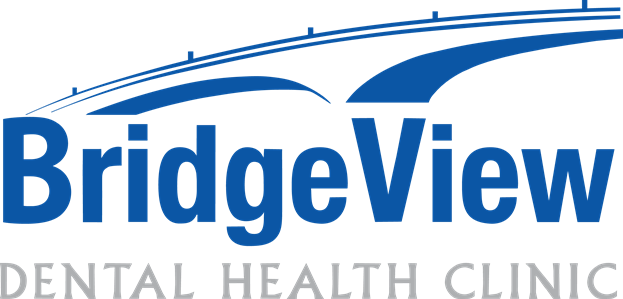Your child’s oral hygiene is an important part of their overall health. The care of your child’s teeth and gums begins with you!
Young children are very susceptible to oral diseases, many of which can be prevented. One example of a preventable disease among children is Early Childhood Caries (ECC), also known as dental cavities. This form of tooth decay occurs in the baby teeth of infants and young children. ECC can have a significant impact on a child’s general health, future oral health and quality of life.
Oral Hygiene for Infants:
Did you know that babies are born with all their teeth? You just cannot see them because they are hidden under the gums. Baby teeth start to erupt out of the gums around 6 months but what most new parents do not know is that it is important to start good oral care for infants even before the tooth comes in.
- After feedings be sure to wipe your baby’s gums with a soft damp cloth. This will aid in the removal of cavity causing bacteria.
- Once teeth begin to erupt, brush them 2 times a day using a soft-bristle toothbrush.
- Infants may get early childhood cavities from going to bed with a bottle of milk, formula or juice due to the high sugar content.
- Schedule your child’s first dental appointment after their first baby tooth is visible.
Oral Hygiene for Children:
Did you know that kids can have all their baby teeth by age 3? Around age 6 baby teeth start to fall out and adult teeth start to come in. Remember, small gaps between baby teeth are normal as this provides room for the adult teeth to come in.
- Be sure your child brushes for at least 2 minutes twice a day, as recommended by the Canadian Dental Association.
- Introduce flossing to help build good habits
- The Canadian Dental Association recommends that children under age 3 should have their teeth brushed by an adult. The use of toothpaste with fluoride is determined by level of cavity risk. Consult your dental professional whether your child is at risk of developing tooth decay. If the risk exists, teeth should be brushed using fluoridated toothpaste in the amount of a grain of rice. If your child is at low risk of developing cavities, teeth should be brushed by an adult using a toothbrush moistened with water only.
- Children ages 3-6 should still be assisted by an adult in brushing their teeth with a small amount of fluoridated toothpaste.
- Visit your dentist and hygienist every 6 months.
Oral Hygiene for Preteens/teens:
As children grow older, more adult teeth come in making it very important to maintain good oral hygiene habits. However, it can be difficult to keep your pre-teens and teenagers motivated when it comes to dental hygiene care.
- Remind your child to brush twice a day with fluoride toothpaste for 2 minutes.
- A power toothbrush might be a good option as it can make brushing more fun and efficient.
- Ensure your child is still flossing between their teeth as this will help prevent cavities, keep the gums healthy and the breath fresh.
- Good eating habits also play an important role in the prevention of cavities.
- Consider changes in toothpastes depending on your child’s consumption of acidic foods/drinks. Consult your dental professional for more information about products that help prevent cavities as well as help strengthen teeth.
References
Canadian Dental Association. (2017). Dental Care for Children. Retrieved from http://www.cda-adc.ca/en/oral_health/cfyt/dental_care_children/
Darby, M.L., & Walsh, M.M. (2010). Dental Hygiene Theory and Practice (3rd ed.). St. Louis, MO: Saunders.


Recent Comments